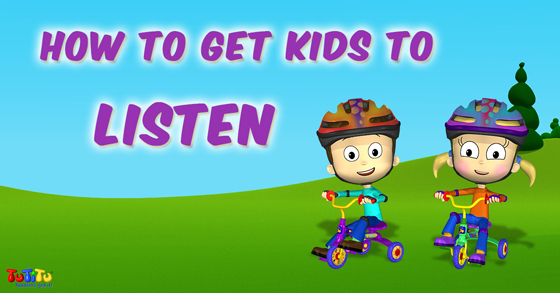Maybe the most important – but also one of the more difficult – aspects of parenting is creating a strong line of communication with the children. When they begin understanding and exploring their own independence, “real” parenting kicks in. You have to be an educator, a guide, a police officer and a good friend all at the same time, and that’s hard to do when you’re talking to a wall.
Don’t despair, though. There are ways to go around this. Every relationship is different and every family is different so you have to find your own ‘best practices’; but in general, the key is to do your best not to belittle them. Try to talk to the children, perhaps not as adults, but certainly not as babies. This will let them know you trust them to understand and give them responsibility. Here are some practical ways to do that.
Give them the full picture
OK, not ALL of it, but yes, when telling them something they should or shouldn’t do, explain why. If you just order around they’re more likely to rebel and do the opposite. But if you explain your own reasons – put on a helmet because you might fall off your bikes and I don’t want you to get hurt – they would feel like they are part of the conversation.
Help them understand their feelings
Being a child can get confusing. You have all these emotions running around inside your head and you lack the tools to understand and work with them. As an adult, you can help. To show your child that you’re listening and to give them the feeling they are understood, give them the right words to understand their own feelings: I know you’re angry because you want to play, not go to sleep, but it’s late and you need to rest before tomorrow.
Make them part of the decision making process
Again, this doesn’t really mean they get to decide whether to eat healthy or not, but if you provide some options for them to choose from, your children will feel like they are part of the decision. If they refuse to eat broccoli, next time maybe offer two things to choose from. Either one will make you happy, and having the ability to decide for him or herself will make your little one happy.
Speak clearly and to the point
With other adults, we can go into detail and have a whole discussion, complex sentences included, about every little thing. But kids just don’t have the attention span for that. When you ask something of them you have to use as few words as possible as so not to “lose” them. Try and be clear about your message.
How do you get YOUR children to listen?
Share tips in the comments and send this article to other parents!

